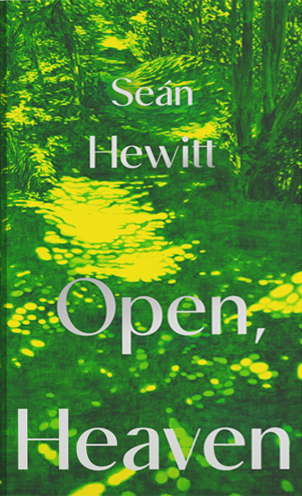

A Small Revolution in Germany
Philip Hensher
A Small Revolution in Germany is about growing up, or refusing to accept what growing up means; it’s about the small dishonest pacts that people make with their own futures; and it’s about the rare and joyous refusal to be disillusioned.
Everyone remembers what it’s like to be seventeen. The conversations you have; the ideas that burst on you; the kiss that transforms you. And then you grow up, and make a deal with adulthood. A Small Revolution in Germany is about that rapturous moment when ideas, and ideals, and passion crash over one boy’s head. And what happens in the decades afterwards? When you see the overwhelming truth when you are seventeen, why should you ever abandon that truth?
Spike is brought into a small, clever group of friends, bursting with a passion for ideas, and the wish to change the world. They smash up political meetings; they paint slogans on walls; they long for armed revolution; they argue, exuberantly, until dawn. In the years to follow, they all change their minds, and go into the world. They become writers, politicians, public figures. One of them becomes famous when she dies. They all change their minds, and make sensible compromises. Only Spike stays exactly as he is, going on with the burning desire for change, in the safe embrace of unconditional love. Alone from the old group, he is the only one who has achieved nothing, and who has never deviated from the impractical shining path of revolution he saw as a teenager. Thirty years on, photographs of the teenage group look like a bunch of celebrated individuals, with only one unknown face in it – Spike.
Product Details
About Philip Hensher
Reviews for A Small Revolution in Germany


